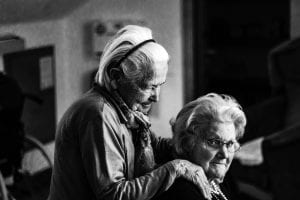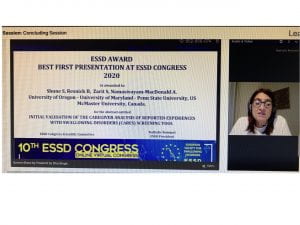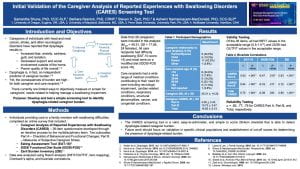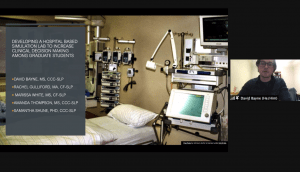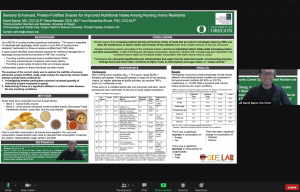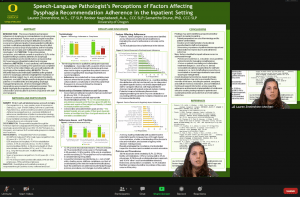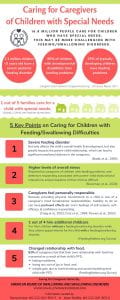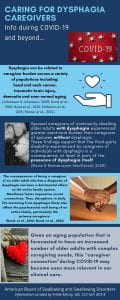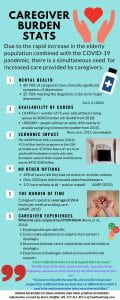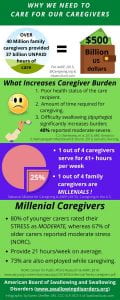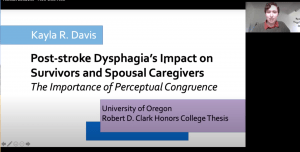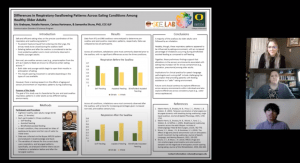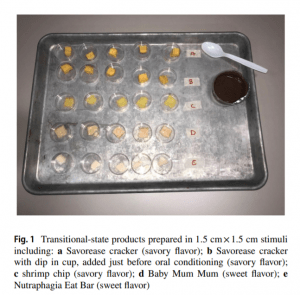Brand new publication hot off the press. Authored by Samantha E. Shune, Barbara Resnick, Steven H. Zarit, and Ashwini M. Namasivayam-MacDonald.
Dysphagia is a debilitating condition with widespread consequences. Previous research has revealed dysphagia to be an independent predictor of caregiver burden. However, there is currently no systematic method of screening for or identifying dysphagia-related caregiver burden. The aim of this study was to develop a set of questions for a dysphagia related caregiver burden screening tool, the Caregiver Analysis of Reported Experiences with Swallowing Disorders (CARES) and pilot the tool to establish preliminary validity and reliability.
Click here to read more.
